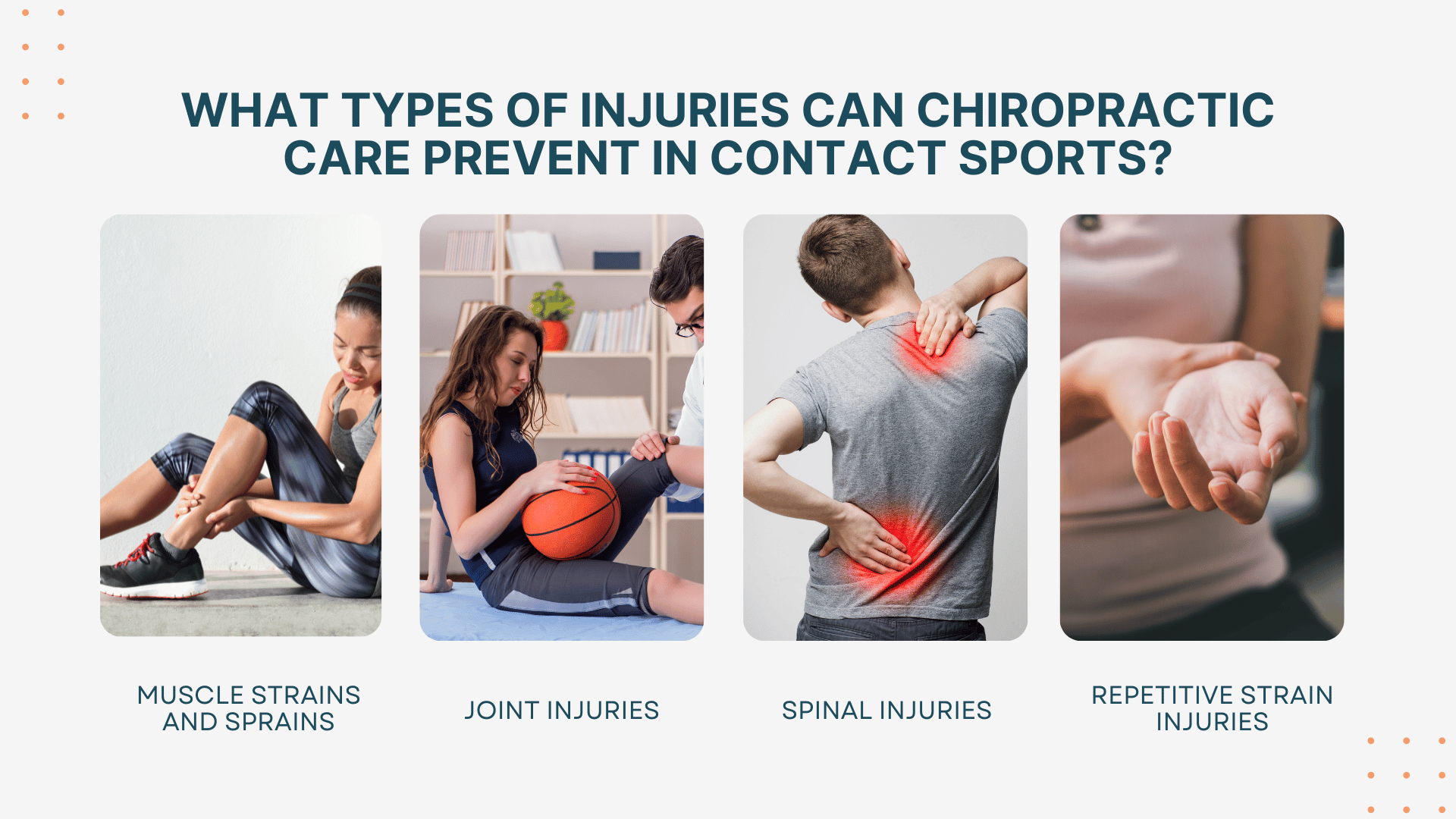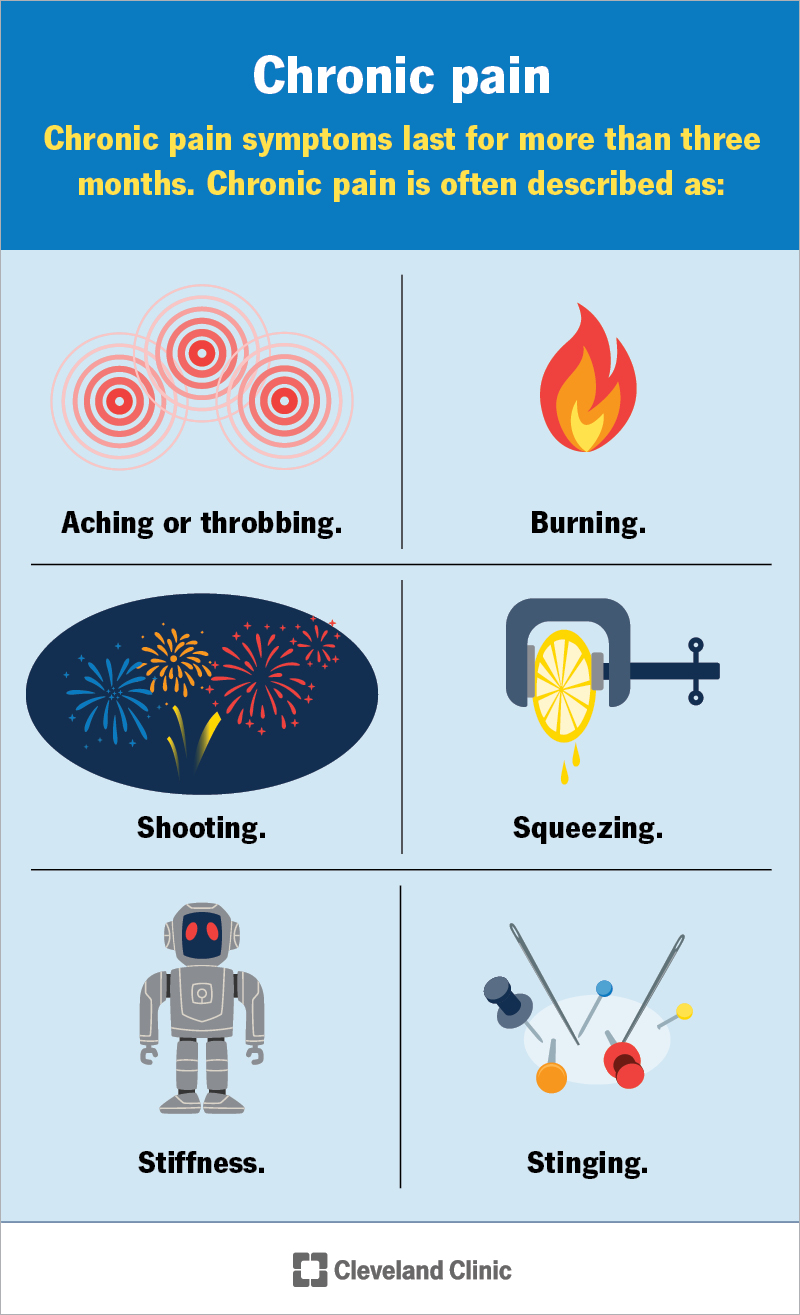Chronic Pain Management
by Admin
Posted on 06-02-2025 07:28 AM

Definition and Prevalence
Chronic pain is a common condition that affects an estimated 100 million people in the United States alone. It can manifest in different forms, including back pain, headaches, fibromyalgia, and neuropathic pain. Chronic pain can be caused by a variety of factors, including injury, illness, and genetic conditions. For example, chronic back pain can be caused by a herniated disk, spinal stenosis, or spondylolisthesis. Understanding the underlying cause of chronic pain is essential for developing an effective treatment plan.
Diagnosis and Assessment
Diagnosing chronic pain requires a comprehensive medical evaluation. This includes a physical examination, medical history, and diagnostic tests such as X-rays, CT scans, and MRI scans. A healthcare provider will also assess the patient's pain levels, using tools such as the pain intensity scale. Additionally, a psychological evaluation may be conducted to assess the patient's mental health and coping mechanisms. Accurate diagnosis and assessment are essential for developing an effective treatment plan.
Types of Chronic Pain
There are several types of chronic pain, including: * Nociceptive pain: caused by tissue damage or inflammation * Neuropathic pain: caused by nerve damage or dysfunction * Psychogenic pain: caused by psychological factors such as anxiety or depression * Idiopathic pain: caused by unknown factors Understanding the type of chronic pain is essential for developing an effective treatment plan.
Treatment Options
There are several treatment options available for managing chronic pain, including: * Medications: such as analgesics, anti-inflammatory drugs, and muscle relaxants * Physical therapy: to improve mobility and strength * Alternative therapies: such as acupuncture, massage, and chiropractic care * Interventional procedures: such as nerve blocks and spinal cord stimulation * Surgery: in some cases, surgery may be necessary to relieve chronic pain.
Pharmacological Interventions
Pharmacological interventions play a crucial role in managing chronic pain. Medications such as analgesics, anti-inflammatory drugs, and muscle relaxants can help reduce pain levels. However, these medications can have side effects and risks, and should be used under the guidance of a healthcare provider. Additionally, medications such as opioids can be addictive and should be used with caution.
Non-Pharmacological Interventions
Non-pharmacological interventions such as physical therapy, alternative therapies, and lifestyle modifications can also be effective in managing chronic pain. Physical therapy can help improve mobility and strength, while alternative therapies such as acupuncture and massage can help reduce pain levels. Lifestyle modifications such as exercise, diet, and stress management can also help reduce chronic pain.
Lifestyle Modifications
Lifestyle modifications play a crucial role in managing chronic pain. Regular exercise, such as yoga or swimming, can help reduce pain levels and improve mobility. A healthy diet that is rich in fruits, vegetables, and whole grains can also help reduce inflammation and promote healing. Additionally, stress management techniques such as meditation and deep breathing can help reduce stress and anxiety.
Stress Management
Stress management is essential for managing chronic pain. Stress can exacerbate chronic pain, and can also interfere with sleep and appetite. Techniques such as meditation, deep breathing, and yoga can help reduce stress and anxiety. Additionally, cognitive-behavioral therapy (CBT) can help individuals develop coping skills and strategies to manage chronic pain.
Self-Care Strategies
Self-care strategies are essential for managing chronic pain. This includes getting enough sleep, eating a healthy diet, and engaging in regular exercise. Additionally, individuals with chronic pain should prioritize relaxation and stress reduction techniques, such as meditation and deep breathing. Self-care strategies can help reduce pain levels, improve mood, and enhance overall quality of life.
Conclusion
Chronic pain management requires a comprehensive approach that incorporates medical, psychological, and lifestyle interventions. Understanding the underlying cause of chronic pain is essential for developing an effective treatment plan. By incorporating pharmacological and non-pharmacological interventions, lifestyle modifications, and self-care strategies, individuals with chronic pain can reduce pain levels, improve mood, and enhance overall quality of life.
For those seeking relief from back pain, consider consulting a chiropractor who can provide professional guidance and treatment to alleviate discomfort and improve overall well-being.
FAQs
What is chronic pain?
Chronic pain is a complex and debilitating condition that affects millions of people worldwide. It is defined as pain that persists for more than three months.
What are the types of chronic pain?
There are several types of chronic pain, including nociceptive pain, neuropathic pain, psychogenic pain, and idiopathic pain.
How is chronic pain diagnosed?
Diagnosing chronic pain requires a comprehensive medical evaluation, including a physical examination, medical history, and diagnostic tests such as X-rays, CT scans, and MRI scans.
What are the treatment options for chronic pain?
There are several treatment options available for managing chronic pain, including medications, physical therapy, alternative therapies, interventional procedures, and surgery.
Can lifestyle modifications help manage chronic pain?
Yes, lifestyle modifications such as regular exercise, a healthy diet, and stress management techniques can help reduce chronic pain and improve overall quality of life.
Is chronic pain a sign of an underlying condition?
Yes, chronic pain can be a sign of an underlying condition, such as injury, illness, or genetic conditions. Accurate diagnosis and assessment are essential for developing an effective treatment plan.
West Coast Chiropractic Center Carlsbad
3144 El Camino Real Suite 201, Carlsbad, CA 92008
(760) 730-7313
